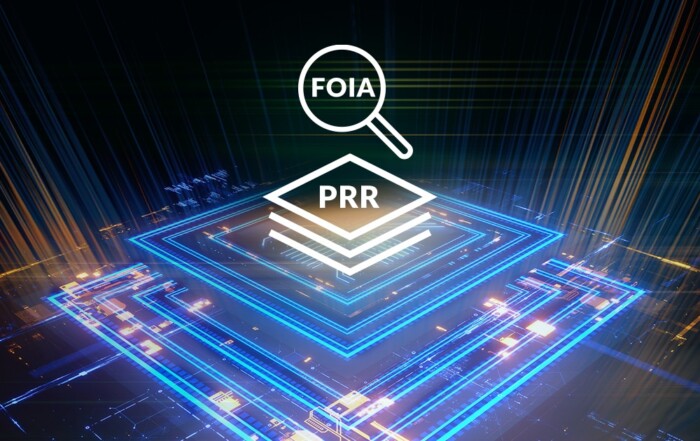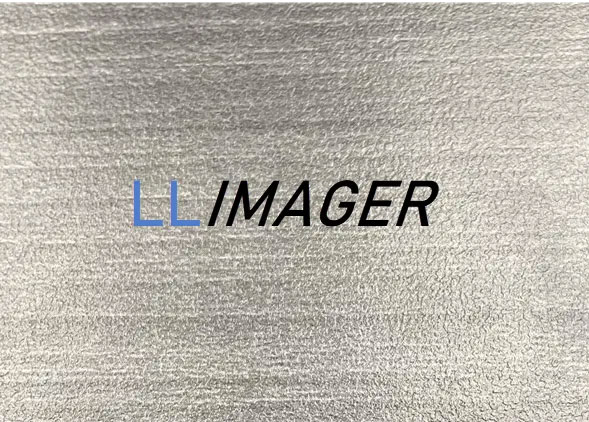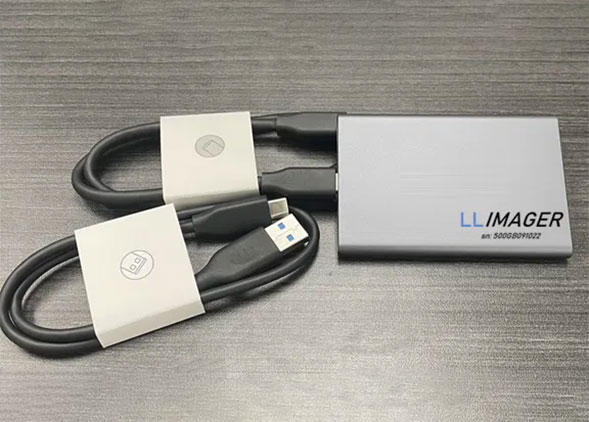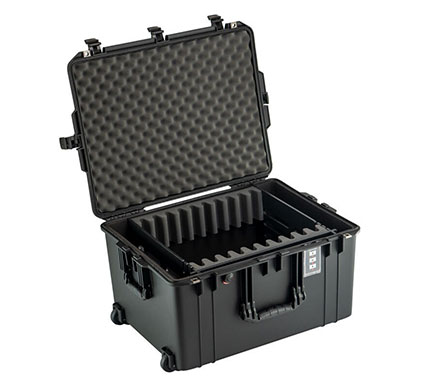
| Product Type |
|---|
Never miss a FOIA or public records request deadline again
Exterro makes Freedom of Information Act (FOIA) and public records requests a breeze with automated workflows that include searching, collecting, reviewing, and producing requested documents.
Find the documents you care about as quickly as possible.
With Exterro’s integrated data risk management platform, you know where your data lives and who has access to it, so you can confidently find what you’re looking for and stay ahead of deadlines.
Searching and Collecting
Comprehensive filters help quickly narrow down the scope of your search while built-in AI powered features like Contextual Insights help boost the accuracy of your search.
Reviewing
Exterro’s optional persistent global labeling and redaction capabilities save time and energy by executing across all review projects automatically. Quickly identify which documents have been subject to prior FOIA or records requests and eliminate the need to redo redactions, saving time and resources.
Producing
Use optional production and load file templates to speed up response times and ensure consistency in deliverables. Broad customization options for productions ensure you’re in compliance with the delivery format of the request.
Save time and reduce spend by filtering and searching data before collecting it.
Collecting data is often the most time consuming and expensive part of responding to FOIA and records requests. Why collect more than you need? With Exterro, you can search and cull data sets using comprehensive filters before collection, saving hours of collection, processing, and review time.
Be confident in your search results with AI-powered Contextual Insights.
Exterro’s Contextual Insights enables you to quickly identify potentially responsive data both pre- and post-collection by exposing contextual relationships between custodians and content. Save time and have confidence in your search results by surfacing documents that may have been missed by traditional manual searching and filtering.
Manage all of your FOIA and public records requests in one place with the Constituent Portal.
Exterro’s Constituent Portal keeps track of request submissions and progress. Get consistent information for each request and avoid redundant requests through access to an online library of public documents.
Mitigate Data Risks with the Exterro Platform
-
Data Discovery
Exterro Data Discovery finds all the sensitive and personal data in your organization. Just point it at the data sources – structured or unstructured, on premise, cloud or hybrid – and it will automatically detect their contents.
-
Legal Hold
Easily create, send, and track legal holds to improve custodian compliance and mitigate risk.
-
In-Place Preservation
Secures and protects electronically stored information from accidental deletion or spoliation prior to collection.
-
Employee Change Monitor
Reduces the spoliation risk created by employee terminations, transfers, and other status changes.



